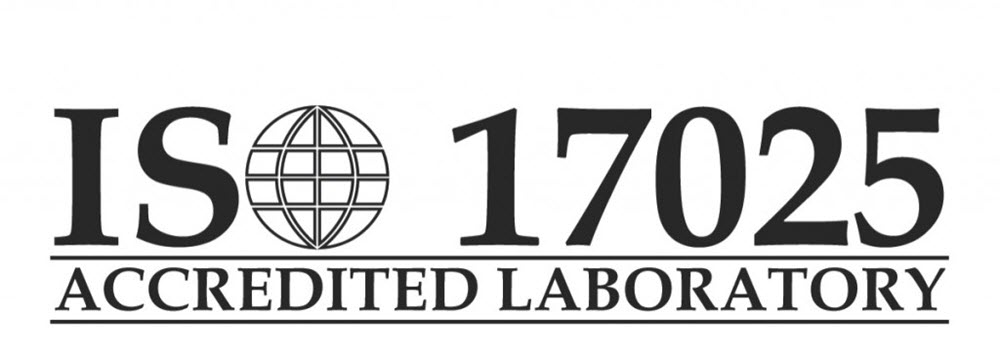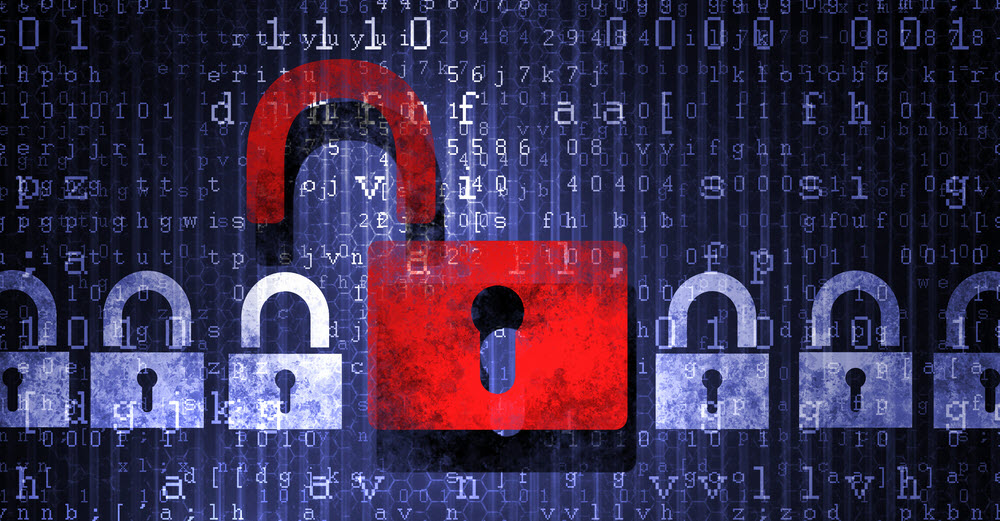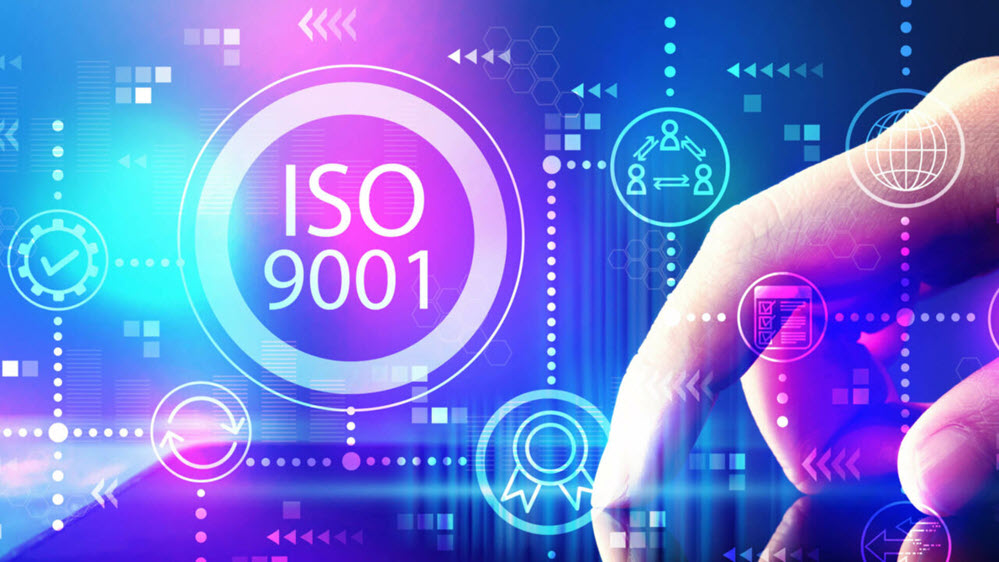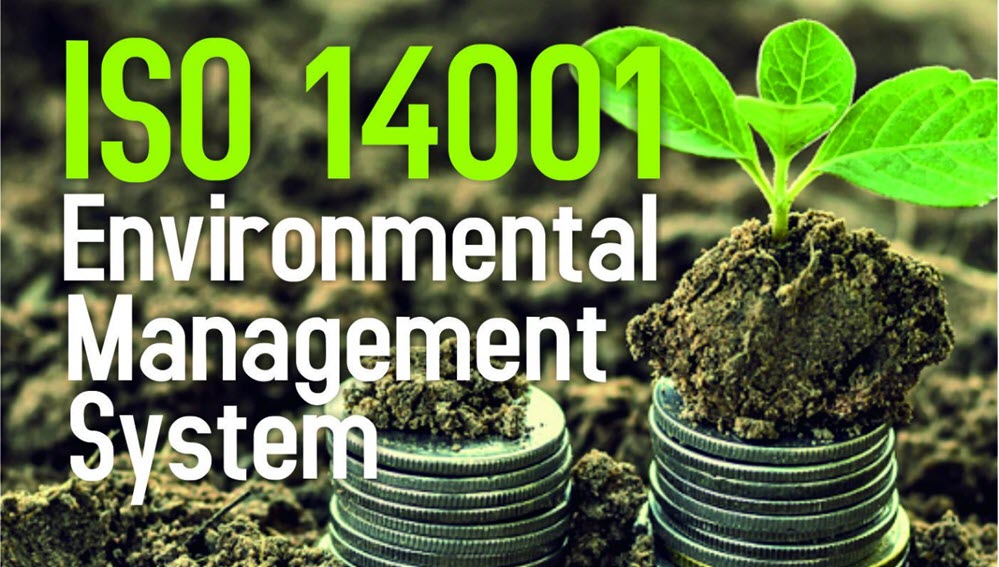EQMS Blog

Steps To Get An ISO 17025 Accreditation
If somebody enters the term “ISO 17025” in Google, they would most likely discover that ISO 17025 is an International Standard with the title “General necessities for the competence of testing and calibration laboratories”. In any case, what does this mean practically?
ISO 17025 is relevant for all laboratories performing calibrations as well as tests. It contains every one of the necessities that these laboratories need to meet, keeping in mind the end goal to show that they work a quality framework; they are in fact skilled and can produce actually valid results.
The main issue of ISO 17025 was distributed in 1999 and it was created because of broad experience of the execution of ISO/IEC Guide 25:1990 (general prerequisites for the skill of testing and calibrations laboratories) and EN 45001:1989 (General criteria for the task of testing laboratories). Unique consideration was given keeping in mind the end goal to present however much similarity as could reasonably be expected between ISO 17025 and the generic quality management framework standard ISO 9001, which in 1999 was likewise under update.
The result was to make a consistent association between the two standards to such an extent that ISO 9001 would be the ace standard and ISO 17025 would be a particular application dedicated for testing and calibrations laboratories. The laboratories that agree to ISO 17025 likewise work as per ISO 9001 and can actualize a single quality framework that meets the necessities of the two Standards. Be that as it may, this does not make a difference the other way around. Laboratories that exclusive get certification to ISO 9001 can’t show that they are in fact equipped and can create in fact valid testing or potentially calibrations results. Accreditation as indicated by ISO 17025 isn’t the same as being ensured against ISO 9001.
Benefits of ISO 17025 Accreditation
There are a lot of benefits to get the ISO 17025 Accreditation. Some of the key benefits are listed below.
- Building trust: In the global business, customers are ending up additionally requesting and looking for affirmations on the items and services you give them. By getting an ISO 17025 accreditation, your customers will have the trust in the nature of items and services that you give. This will empower you to manufacture trust between you and your client.
- International Recognition: Through the different mutual acknowledgment game plans between accreditation bodies, global markets will acknowledge your organisation all the more promptly on the off chance that they know you have been confirmed by a UKAS accredited certification body or acknowledge your test results or assessments in the event that you are an accredited laboratory or inspection body.
- Reduce cost: Despite the fact that accreditation includes some financial part, the cost savings results because of being authorize will exceed the cost of accreditation. Cost savings may results because of improved productivity; reduce downtime, reduction of re-testing, and so on.
- Demonstrate Credibility: No organisation will need to spend a lot of cash on getting a report or certificate that has not been accredited by a competent body. A UKAS accredited organisation can show capability for the report or certification through its sound management framework and the utilization of prepared and ability staff.
Lab accreditation perceives a lab’s specialized ability and is normally particular for trial of the system, items, sections, or materials for which the lab claims capability. Accreditation enables a lab to decide if it is playing out its work accurately and as indicated by suitable standards. This does not ensure that a given investigative result is right, however it establishes standards that must be met and a system way to deal with recognize nonconformities when they happen. Great labs will have solid results; however accreditation implies that the outcomes are faultless to a perceived standard that does not change when lab staff or conditions change.
Steps to Get ISO 17025 Accreditation
In order to get ISO 17025 accreditation, you will have to follow these 10 simple steps.
- Read the Standard for familiarity.
- Hire a ISO 17025 consultant to partner your ISO 17025 implementation. Create/Revise a checklist for compliance with the consultant.
- Conduct an internal audit to the checklist.
- If no non-conformities are found, skip to step 8.
- Otherwise, list non-conformities and relate each to a specific clause of ISO 17025.
- Change the process and /or documentation to eliminate the non-conformities.
- Go to step 2.
- Schedule and host an audit by a certified ISO 17025 registrar.
- Change the process and /or documentation to eliminate the non-conformities.
- Schedule a follow-up audit or communication to clear any non-conformity.
If you are looking to outsource your internal audits or looking for ISO 17025 consultants to implement and get certified to ISO 17025 we would be more than happy to help. Please contact us for a free consultation on how we can help you.

Request a free consultation
Contact us to discuss your needs and see how we can support to reach your goal.

Recent posts

In today's digital age, businesses are constantly exposed to various cyber threats. As a result, companies must adopt a proactive approach to cybersecurity to prevent data breaches, theft, and other...

Quality management systems are essential in ensuring that organisations can deliver quality products and services consistently. The International Organisation for Standardization (ISO) developed the ISO 9001 standard to help organisations...

ISO 14001 is a globally recognised standard for environmental management systems (EMS) that helps organisations manage their environmental impact and improve their sustainability performance. Obtaining this certification demonstrates a company's...
Just a Few of Our Clients
Request a Free Consultation
Contact us to discuss your needs and see how we can support to reach your goal.















